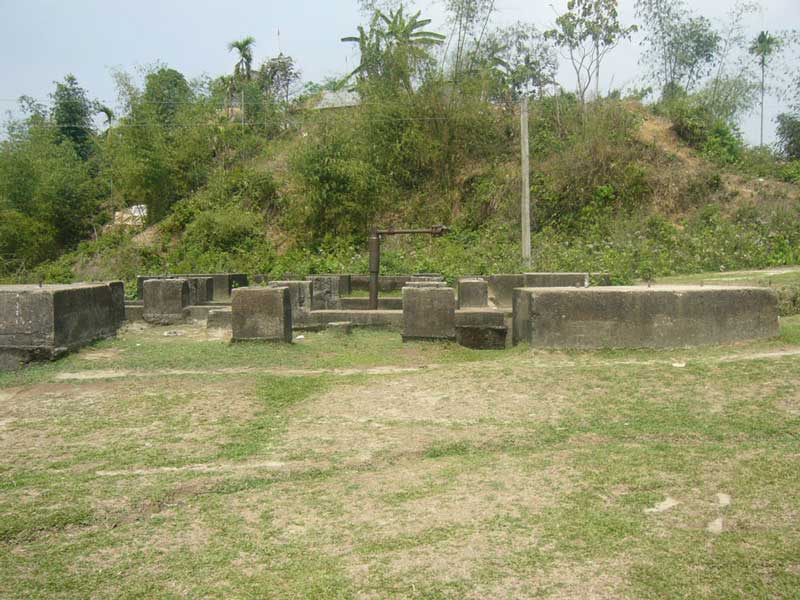 The Bangladesh Travel Guide
The Bangladesh Travel Guide
Energy Sector of Bangladesh
An essential precondition for industrial development is uninterrupted supply of energy. Although the installed capacity for generation of electricity in the country is 2908 megawatt, the actual production does not exceed 2160 megawatt as against the peak demand of 2200 megawatt. The average level of system loss is still as high as 33.3%. The demand for power will increase by 300 MW annually and an investment of about Tk 110 billion up to the turn of the century will be needed to meet it.

The government has embarked on a well-planned policy to generate more energy through higher public and private investment, reduce system loss to the minimum and harness natural gas, solar power, atomic power and hydroelectric resources. As per private sector power generation policy formulated by the govt. in October 1996, three barge-mounted power generating units with capacity of 100 MW each would be set up by private sector enterpreneurs at Khulna, Haripur and Shikalbaha. Other power projects in the pipeline at Meghnaghat, Haripur, Mymensingh and Baghabari will help Bangladesh attain self-sufficiency in power generation in near future.
The private power generation policy offers attractive incentives including tax holidays for 15 years and one-win-dow service. The reserve of recoverable natural gas has been estimated at 12.4 trillion cubic feet. After years of commercial exploitation, a reserve of 9.8 trillion cubic feet is still available. Production-sharing contracts have been signed with local and foreign firms for oil and gas exploration in 8 blocs out of a total 23 in the country.
Currently about 88 percent of power generation is based on natural gas. About 55% of the country's energy supply is based on traditional fuels (crop residues, animal dung and fuel wood), 24% on natural gas, 19% on imported oil and coal and the remaining 2% is hydroelectricity. Natural gas has also contributed to the rapid growth of the chemical fertilizer industry. The recent discovery of sizable coal deposits in the northwestern part of the country is of significance. Agreements have been signed with some Chinese companies for their extraction. A coal-based power plant is also proposed to be set up in the area. Abundant supply of coal at home will greatly reduce pressure on imported oil.

Measures are being implemented to take modernized transportation and telecommunication systems right up to the village level. The government has given highest priority to speedy construction of the multi-billion dollar Jamuna bridge which has remained a national dream. When completed by the middle of 1998 with the assistance of the World Bank, the Asian Development Bank and Japan the bridge over the mighty Jamuna will connect the northern areas with the rest of the country for direct road and rail communication and gas and power transmission. This will provide a big boost to the growth of trade and commerce between different regions of the country. Several other major bridge are being considered to prepare Bangladesh for the Asian highway.
The Telecommunication sector has been opened up by the govt. for private sector investment. Two private companies have been given permission to set up digital telephone exchanges at thana level. A particular company enjoyed monopoly in cellular telephone business during the rule of previous regime. By breaking this monopoly, four companies have been granted license for providing cellular telephone services.